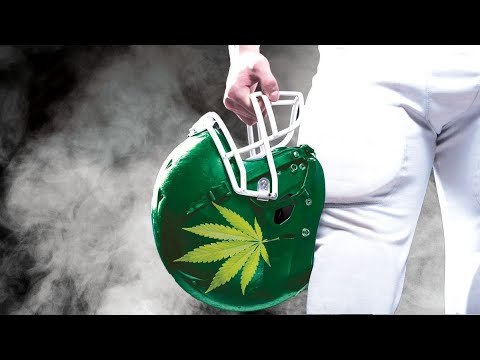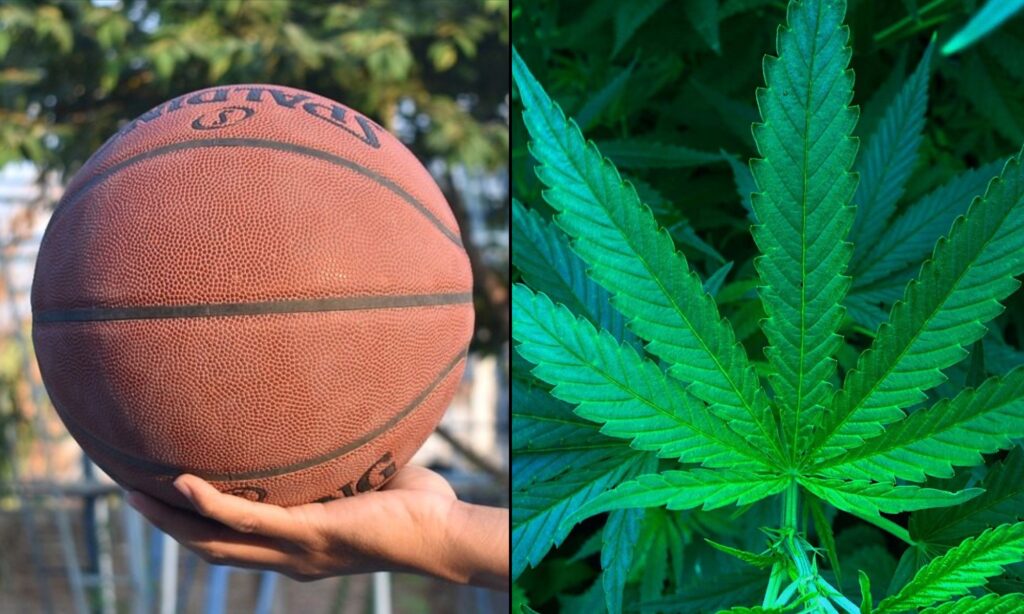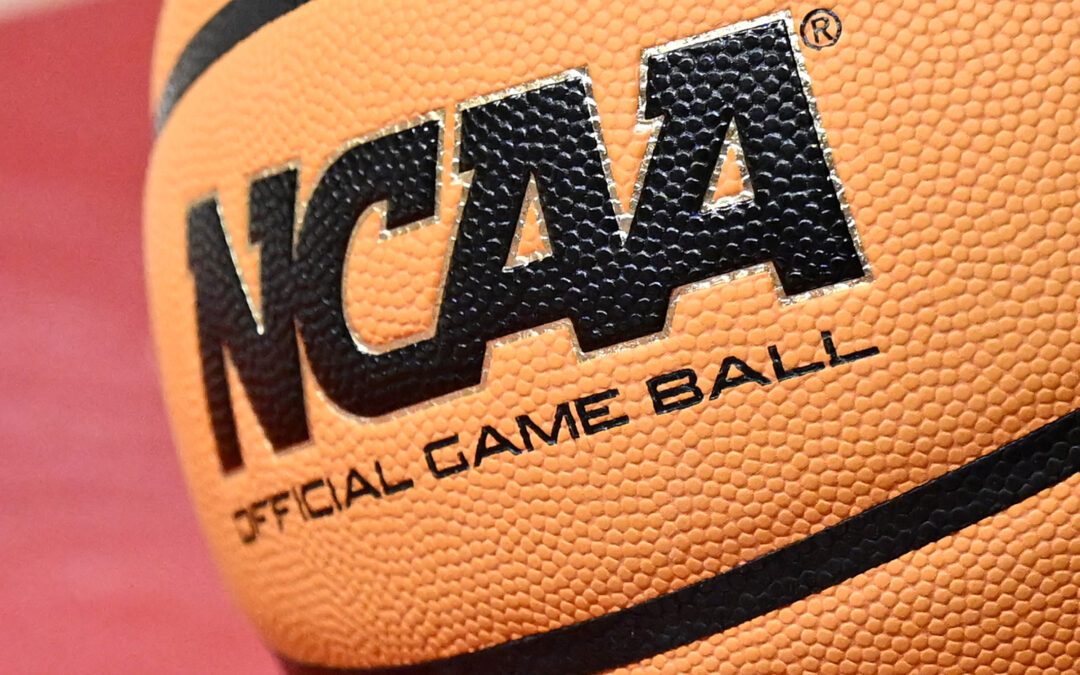Under new guidelines proposed by a crucial committee, student-athletes who are members of the NCAA would no longer lose their ability to participate if they tested positive for marijuana.
The NCAA Committee on Competitive Safeguards and Medical Aspects of Sports (CSMAS) also announced that the THC threshold for a positive test will be raised from 35 to 150 nanograms per milliliter, starting immediately, harmonizing the NCAA’s policy with that of the World Anti-Doping Agency.
Members have spent the previous few months debating whether or not the NCAA’s cannabis policies should be changed. And the decision to urge more leniency is in line with ongoing discussions in a number of professional sports leagues as more states consider legalizing.
“Reconsidering the NCAA approach to cannabis testing and management is consistent with feedback from the membership on how to better support and educate student-athletes in a society with rapidly evolving public health and cultural views regarding cannabis use,” Brian Hainline NCAA’s chief medical officer, said in a press release.
“Marijuana is not considered a performance-enhancing substance, but it remains important for member schools to engage student-athletes regarding substance use prevention and provide management and support when appropriate,” he said.
While the committee’s eligibility proposal isn’t legally obligatory, it did urge each of the NCAA’s three divisions to include it in their bylaws.
According to CSMAS, there should be no loss of eligibility after a first positive THC test as long as “the institution provides a management plan and education for the student-athlete.”

A second test is not required unless the athlete did not follow the management plan, in which case the committee suggested a suspension from 25 percent of regular-season games. The proposal for a third violation is no loss of eligibility unless the athlete failed to cooperate with previous management and education measures, in which case CSMAS says a 50 percent regular-season suspension.
The existing bylaws for Division I, II, and III student-athletes, on the other hand, provide that a positive marijuana test automatically disqualifies a player for half of the regular season. A second positive test would result in the athlete being subjected to the normal banned substances ineligibility regulations, which would result in a season-long suspension.
“These adjustments to the NCAA drug-testing program were approved after careful consideration and extensive discussion of the recommendations made by the Drug Testing Subcommittee, which has been meeting since last fall,” CSMAS Chair Stephanie Chu said. “The updated cannabis testing policies create a clear pathway for student-athletes to participate in education and management programs specific to their needs at the campus level.”
Last summer, after U.S. sprinter Sha’Carri Richardson was suspended from the Olympics due to a positive THC test, the topic of drug testing in professional sports resurfaced. After learning of her mother’s death, she acknowledged to consuming cannabis in a legal state.
More recently, Richardson questioned why a Russian figure skater was allowed to compete in this month’s Winter Olympics despite the fact that she had tested positive for a banned performance enhancer.
Last year, the runner said she would be “glad and happy” if the attention her case received resulted in a policy change for other competitors. Even the White House and President Joe Biden chimed in on the issue, with the president questioning if the marijuana prohibition should “stay the rules.”

Meanwhile, as part of a collective bargaining agreement, the NFL’s drug testing policy was revised demonstrably in 2020.
Under a collective bargaining agreement, NFL players are no longer at risk of being suspended from games if they test positive for any drug, not just marijuana. Instead, they’ll have to pay a fee. Under the terms of the agreement, the threshold for what constitutes a positive THC test was also raised.
The NBA said late last year that it will extend its policy of not testing players for marijuana on a random basis until the 2021-2022 season. The league will not test players for THC on a random basis, but they will continue to test “for cause” cases when players have a history of substance abuse.
In a similar line, the MLB opted to remove cannabis from its list of prohibited substances in 2019. Baseball players are not subject to disciplinary action if they ingest marijuana, but officials underlined last year that they cannot work while under the influence and cannot get into sponsorship agreements with cannabis enterprises, at least for the time being.
Snoop Dogg, a marijuana icon who was featured at the Super Bowl halftime show on Sunday where a commercial that indirectly promoted legalization aired, argued that sports leagues should stop testing athletes for marijuana and allow them to use it as a substitute for prescription opiates.

